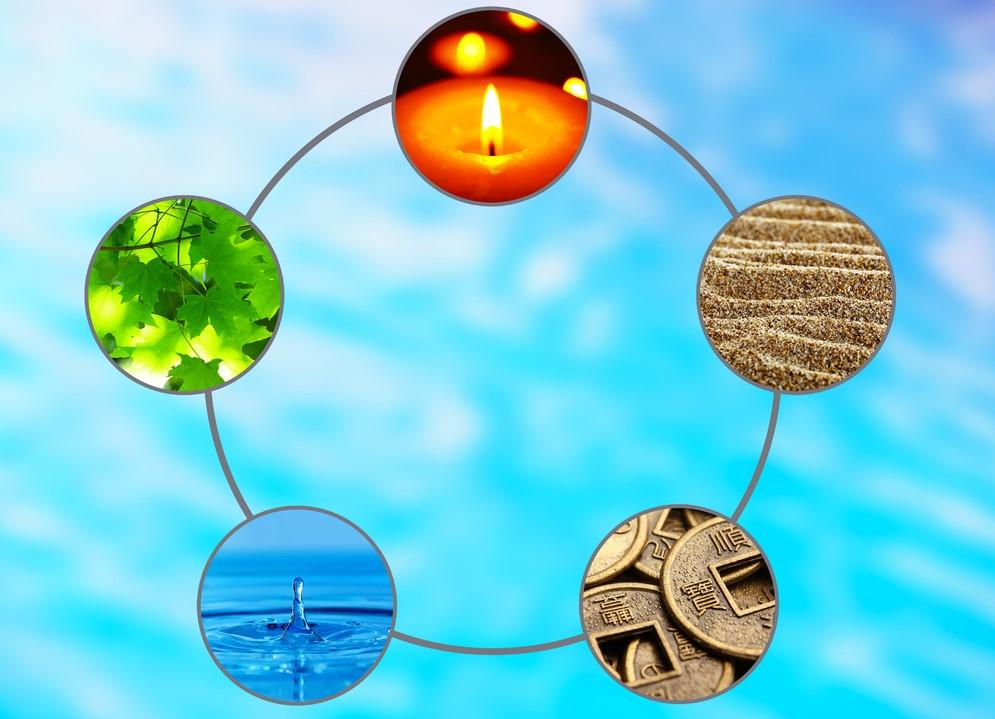It was the scientist Albert Einstein who remarked that “Imagination is more important than knowledge”; the importance of this comment is manifold. For starters, it is counter-intuitive, because we tend to view science as some sort of compendium of knowledge and facts rather than being an imaginative construct. Therefore, that the generally considered-to-be greatest scientist of the last 200 years or so points us somewhere other than to knowledge is highly significant.
Einstein also observed that “The most beautiful thing we can experience is the mysterious. It is the source of all true art and science.” The imagination, of course, is mysterious; unlike knowledge and facts it is difficult to see where it comes from, how it functions, and how we (that is, human beings) can control it.






